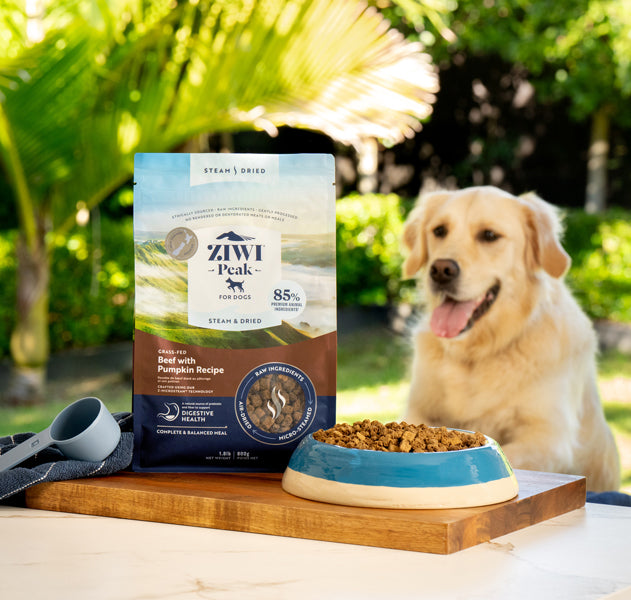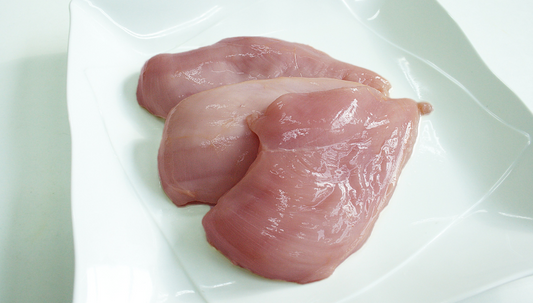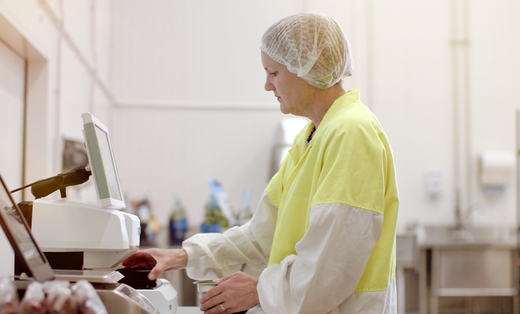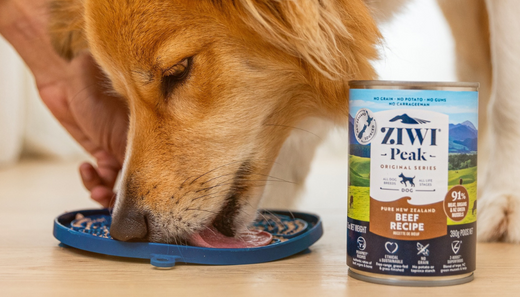
As pet parents, we want to provide our four-legged friends with the best possible nutrition. While a balanced diet for dogs typically includes high-quality protein, fats, and carbohydrates, many pet owners wonder about the role of vegetables in their dog's diet.
Are all vegetables safe for dogs to eat? Which ones are beneficial, and which should be avoided? Let's dive into a comprehensive guide on vegetables for dogs.
Benefits of Vegetables for Dogs
Vegetables can be a valuable addition to your dog's diet, providing essential vitamins, minerals, and fiber.
They can also be a good source of antioxidants, which can help boost your dog's immune system and overall health. Additionally, some vegetables can aid in digestion and contribute to a healthy weight.
Safe Vegetables for Dogs
- Pumpkin: Rich in fiber, pumpkin can help with digestive regularity in dogs. It's also a great source of vitamins A, C, and E, as well as beta-carotene.
- Green Beans: Full of vitamins K and C, as well as manganese, green beans are a healthy option for dogs. They're also low in calories and high in fiber.
- Kale: Packed with vitamins A, C, and K, as well as calcium and antioxidants, kale is a nutritious choice for dogs. However, it's best served cooked to avoid potential issues with oxalic acid.
- Spinach: High in iron, fiber, and several vitamins, spinach can be beneficial for your dog. However, it's best served cooked to avoid potential issues with oxalic acid.
All of these vegetables are found across recipes within our Steam & Dried recipes for dogs, which are delicately steamed and gently air-dried to lock in the nutrients found within these locally-sourced ingredients.
Vegetables to Avoid
While many vegetables are safe for dogs, some can be harmful. Avoid feeding your dog onions, garlic, and chives, as they can cause toxicity. Additionally, steer clear of mushrooms, as some varieties can be toxic to dogs. It's also best to avoid feeding your dog corn, as it can be difficult to digest.
Incorporating Vegetables into Your Dog's Diet
When adding vegetables to your dog's diet, it's important to do so in moderation. Introduce new vegetables gradually to avoid digestive upset, and always wash them thoroughly to remove any pesticides or dirt.
You can serve vegetables to your dog cooked or raw, but be mindful of how they're prepared. Avoid seasoning vegetables with salt, spices, or oils, as these can be harmful to your dog.
Conclusion
Incorporating vegetables into your dog's diet can provide numerous health benefits, but it's essential to choose the right ones and prepare them properly.
By following this comprehensive guide, you can ensure that your pet receives the nutrition they need to thrive. Remember, when in doubt, consult with your veterinarian to determine the best diet for your four-legged friend.









